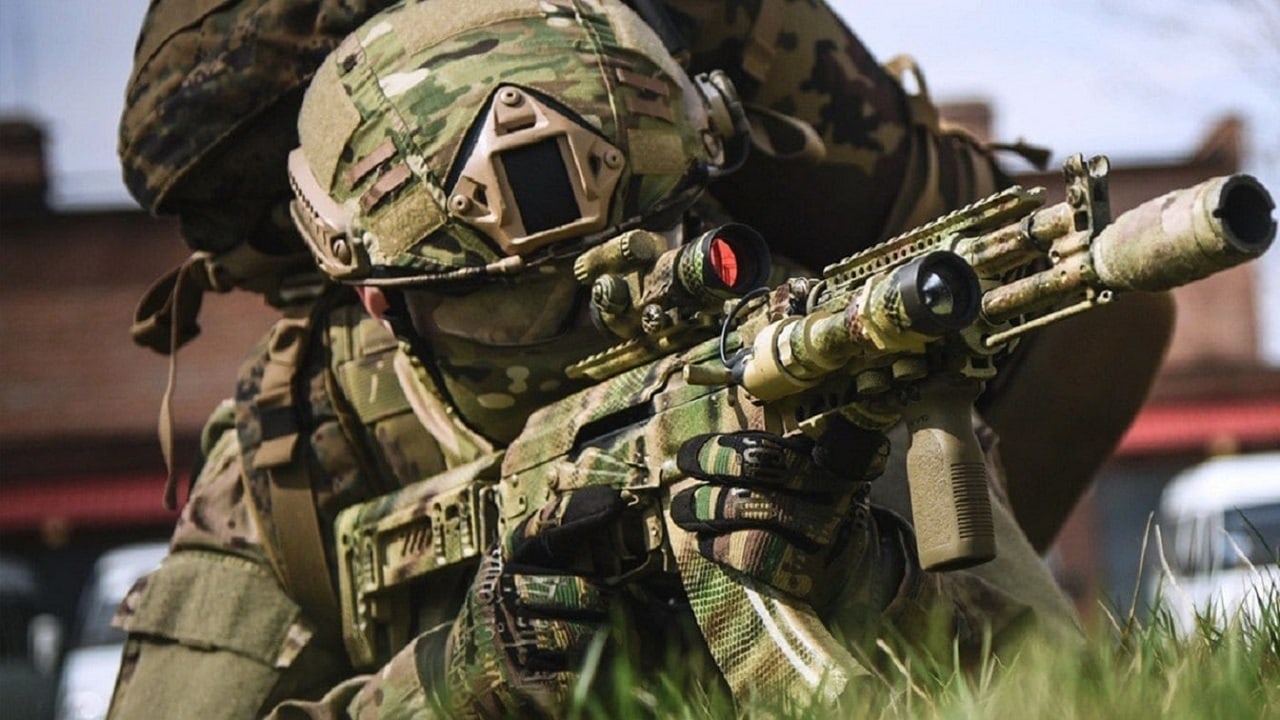“How did you go bankrupt?” Bill asks in Hemingway’s The Sun Also Rises. “Two ways,” Mike responds. “Gradually, then suddenly.”
What’s true of personal finance is true of political power, particularly that of autocrats. Their grip can loosen gradually, then end suddenly. Romania’s Nicolae Ceausescu ruled for 24 years, then was captured and killed in late 1989 after two weeks of demonstrations. Tunisia’s Zine Ben Ali also ruled for 24 years, then fled in early 2011 after a month of demonstrations that triggered the Arab Spring.
That brings us to Vladimir Putin, the former KGB officer who has ruled Russia for more than two decades and has increasingly cracked down on political opponents, independent media, civil society, and the internet – leaving average Russians to get their news largely from state-run media that puppets the Kremlin’s message.
At home and abroad, Putin is facing mounting opposition over his invasion of Ukraine, particularly in the face of battlefield losses that have cost Russia 70,000 to 80,000 casualties, 3,500 square miles of territory in Ukraine’s northeast that it previously controlled, and more than 6,200 vehicles and other military equipment.
Now, Ukrainian forces are advancing in the Donbas, the eastern region that is home to Russian-backed separatists and was the main target of Putin’s invasion. The desperate call by pro-Russian officials in the Donbas for Russia to annex their territory reflects fears that Ukraine will recapture it.
In an era of growing “illiberal democracy” – in Russia and Central Europe, in India and the Global South, and elsewhere – populations are trading political liberty for the promise of economic prosperity, social stability, and (in the case of Russia) national glory. For the leaders of those nations, political threats arise when promises aren’t realized.
No one knows when an autocratic leader will fall, or whether the fall will come from a grassroots revolution or a top-level coup. Nor is anyone predicting Putin’s imminent demise, even as global sanctions over the war bite harder on Russia’s economy and more Russians come to learn the reality of military setbacks. But as in Romania and Tunisia, an entrenched leader can soon become an ousted one – and the coming days could determine whether Putin faces such peril.
At home, opposition is coming from a number of directions. Right-wing forces that normally back Putin and view Ukraine as an inherent part of Russia are calling on him to use more military force and impose a national draft, while left-wing opponents are seeking a speedy withdrawal.
In recent days, several local elected officials sent a letter to Russia’s Duma to demand that Putin be removed and tried for treason, while more than 100 other local officials reportedly signed a petition to demand that Putin resign over the war.
Even on state-owned TV, lawmakers and pundits are debating what went wrong and how to address it. On a recent day on NTV, a municipal lawmaker said that Russia can’t win and should seek negotiations, and a university lecturer suggested that Ukraine was more powerful than Russia realized. A Duma member pushed back, saying Russia needed to destroy Ukraine’s military infrastructure.
This airing of grievances in these different forms is particularly striking in light of a new censorship law, which Putin signed in March, that subjects those who discredit Russia’s armed forces or spread “false information” about it to years in prison; the writer and opposition politician Vladimir Kara-Murza has been imprisoned for speaking out. Thus, the ongoing public criticism may be a sign that, as often occurs with protests in authoritarian societies, the bravery of one person to speak out inspires that of others.
Abroad, Putin’s most important global partners are criticizing his war efforts, leaving him further isolated around the world and further weakening him at home. China’s Xi Jinping raised “concerns and questions” privately with Putin when they met at the Shanghai Cooperation Organization summit in Uzbekistan in mid-September, and India’s Narendra Modi criticized him publicly a day later.
To be sure, even the most unpopular autocrats can hang on for long time. Venezuela’s Nicolas Maduro maintains power at a time of economic collapse and social chaos, while Iranian Supreme Leader Ali Khamenei continues to withstand large public protests over economic corruption and political constraint.
Nevertheless, Putin finds himself in a dangerous place. He must decide whether to let the public debate continue and the opposition to mount, or run the risk of cracking down and triggering a reaction that could truly threaten his rule.

Image: Russian Presidential Website.
“It must be underlined that this criticism should not go overboard,” a senior parliamentarian in Putin’s United Russia party told the New York Times. “Otherwise, it could spark an uncontrollable reaction.”
Indeed, it could.
Lawrence J. Haas, a former senior White House official and award-winning journalist, is Senior Fellow for U.S. Foreign Policy at the American Foreign Policy Council. Haas writes widely on foreign affairs, is quoted often in newspapers and magazines, and appears frequently on TV and radio. At the White House, he was Communications Director for Vice President Al Gore and, before that, for the Office of Management and Budget.

